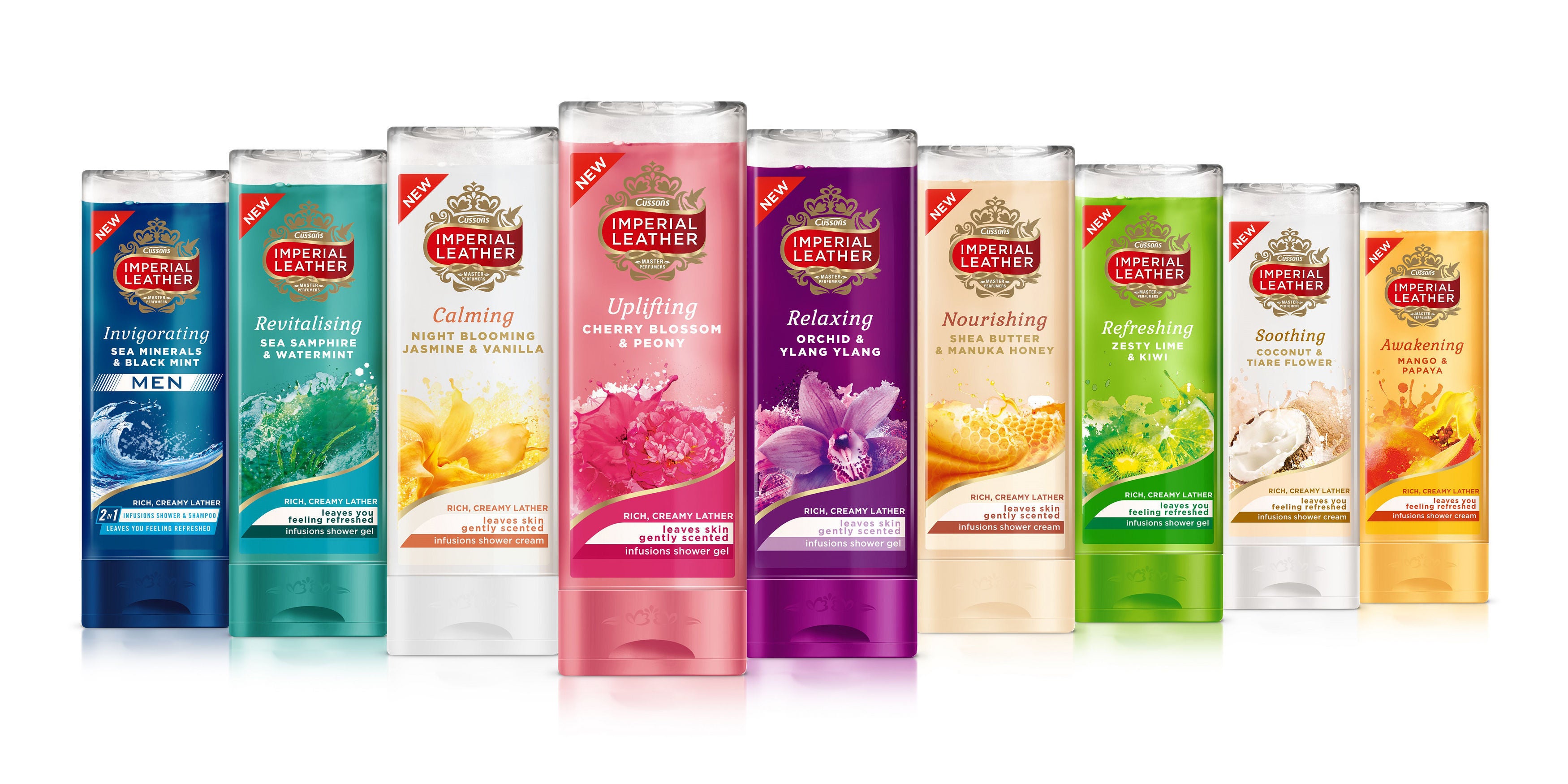Carex owner sees sales ease off as pandemic demand slows
PZ Cussons said sales fell compared to at the height of the pandemic.

Your support helps us to tell the story
From reproductive rights to climate change to Big Tech, The Independent is on the ground when the story is developing. Whether it's investigating the financials of Elon Musk's pro-Trump PAC or producing our latest documentary, 'The A Word', which shines a light on the American women fighting for reproductive rights, we know how important it is to parse out the facts from the messaging.
At such a critical moment in US history, we need reporters on the ground. Your donation allows us to keep sending journalists to speak to both sides of the story.
The Independent is trusted by Americans across the entire political spectrum. And unlike many other quality news outlets, we choose not to lock Americans out of our reporting and analysis with paywalls. We believe quality journalism should be available to everyone, paid for by those who can afford it.
Your support makes all the difference.Sales at consumer goods firm PZ Cussons took a tumble after strong demand for its Carex products when Covid-19 first hit eased off.
Bosses revealed that sales in the six months to the end of November were down 9.3% to £283.7 million although pre-tax profits rose after the company sold off some of its brands.
Chief executive Jonathan Myers said sales were particularly weak in the summer months.
“Revenue decline was driven primarily by Carex lapping unprecedented demand for hygiene products at the peak of the Covid-19 pandemic in the prior year,” he said.
“The business returned to revenue growth in Q2 (September to November) with our core Baby and Beauty categories growing revenue in the first half overall.”
Excluding Carex, the company’s so-called “Must Win Brands” grew 10%, although the firm warned that higher costs for raw materials and shipping are having an impact.
Its hygiene business saw a fall in sales of 12% in the six-month period, but its Beauty division rose 21% and its Baby arm was up 1%.
Bosses added that, despite the fall in Carex sales, the business has gained significant share in the UK hand hygiene sector, which has grown since the pandemic first hit.
Pre-tax profits rose from £32.4 million to £35.1 million, following the sale of its Food and Nutrition businesses as bosses focus on its core brands instead.
But on an adjusted basis from continuing operations, pre-tax profits fell 8.3%, due to the higher costs.